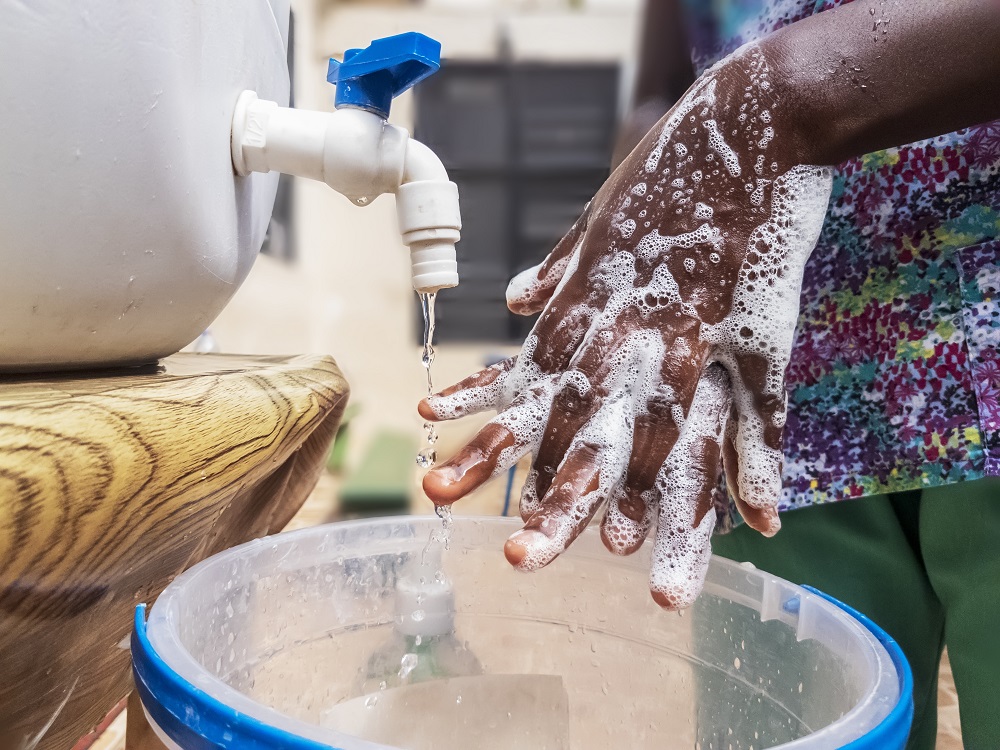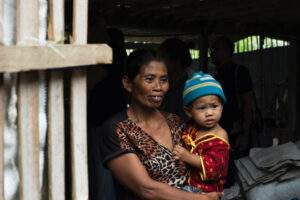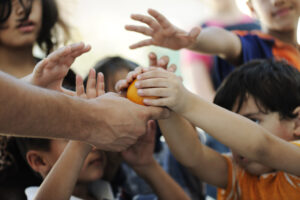Background & SHARE’s Participation
- Home
- Background & SHARE’s Participation
Human Rights Education
The world is going into a new decade. Unfortunately, it’s not been the best few years for human rights. Research like 2018 rule of law index shows threats to human rights exist in 2/3 of the surveyed 113 countries and Pakistan is one of them. Since 2016, the index has reported diminishing scores. Many of the human rights issues fuel each other. As one become more significant, so do a host of others. Looking in to 2021 there are some human rights issues in country.
- Worker rights
- Gender equality
- Women Empowerment
- Rights of Disable Persons
- LGBTQ+ Rights
- Democracy
- Religious Extremism
- Lake of Religious Tolerance
SHARE is giving education about human values and integrity in civil society to the youth, lawyers, students, and other educationists and trying to dig out dents in deteriorated situations.
Education and Personal Growth
Illiteracy is the condition in which a person does not know the basics of the 3Rs i.e Reading, Writing, and arithmetic. According to the UN, a literate is a person who can follow written directions. In Pakistan illiteracy is recorded at 58.00% by the Ministry of Federal Education and Professional Training. This is very stagnant since very less changes are observed in the last decades; in 2006 literacy rate was recorded at 54.15% by Statista. The slow growth of literacy is because of poverty, unemployment, lack of resources, poor implementation of policies, lack of educational institutions, and low allocation of budget. In FY 2019, the 2.3% of the GDP was spent on education which decreased to 1.3% in FY 2020.
In Pakistan, it is estimated that there are 200,000 primary, middle and secondary schools which is significantly less as compared to the need of the country, private institutions are readily available but most parents cannot send their children to these institutions because of high expenses. According to the Pakistan Bureau of Statistics as per the 2017 census, Pakistan’s population is recorded at 207.68 million. This is very high as compared to available resources. The country’s population is increasing at very high pace and resources are depleting with time. The available resources fall short to meet the current educational needs.
SHARE is doing endeavour to set educational institutions and motivating parents to educate their children to survive in modern world giving sessions to Brick Kiln children for education (secular and technical).
Health
Nearly 70% of the Pakistan is served by the private sector. Then it comes to overall health care quality and patient satisfaction, private hospital and healthcare institutions typically outperform their public counterparts.
However, most people in Pakistan’s rural areas have little or no access to basic health care and are exposed to high incidence of diseases.
Sanitation and hygiene
In Pakistan, improper sanitation and food storage are two of the most serious sanitation challenges. Food contamination from filthy water can introduce bacteria such as E. Coli, salmonella, and other pathogens into the human body, causing serious sickness.
Pakistan is among the top ten countries in the world without access to safe drinking water. The majority of the population in impoverished rural areas, lack access to toilets. Consequently, people may experience extra problems, such as bacterial infection of diarrhea etc.
Moreover, due to a lack of resources and cleaning facilities, many girls are forced to employ filthy methods of menstruation management, such as homemade sanitary pads. However, repeated use of these procedures can result in vaginal infections and it takes the shape of cancer.


Malnutrition
A lack of adequate nutrition for children contributes to the high number of child and maternal deaths. Approximately, 40 percent of children under the age of five are underweight and more than half are affected by stunting. The body’s natural defense mechanisms are also weakened as a result of poor diet.
Infectious Diseases
Because of overpopulation, unsafe drinking water, inadequate sanitation, poor socioeconomic conditions, low health awareness, and inadequate vaccination coverage, Pakistan bears a significant portion of the of the regional burden of many communicable diseases and is at high risk of epidemics due to communicable diseases.

Dont Turn Your Back to Those in Need.
Join With UsContact Us
Dolor sit amet consectetur adipiscing elit ut. Iaculis nunc sed augue lacus viverra.
Useful Links
Recent News
© Copyright 2025 Share Welfare Society Pakistan — Designed by Malhan Soft PVT Ltd









